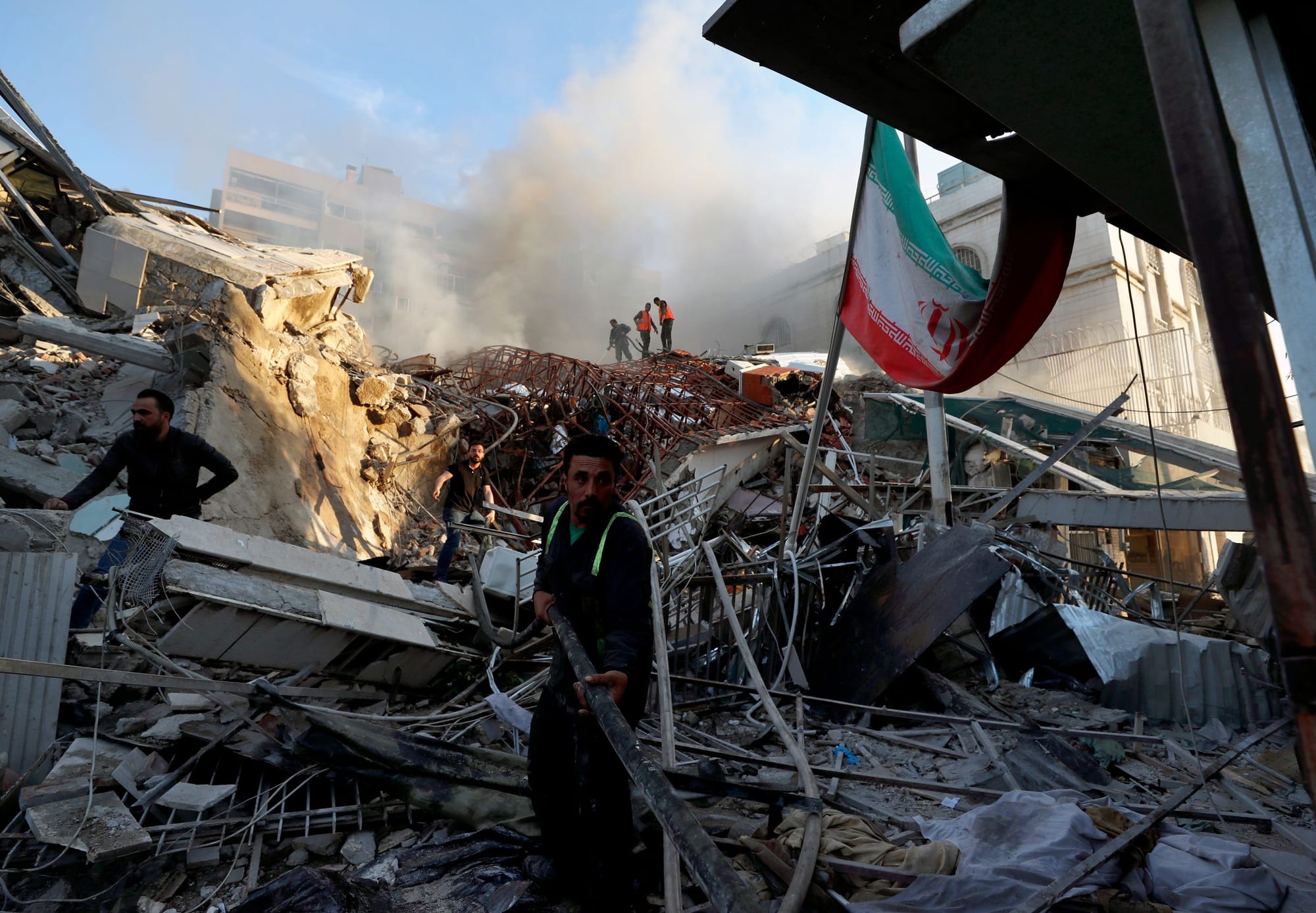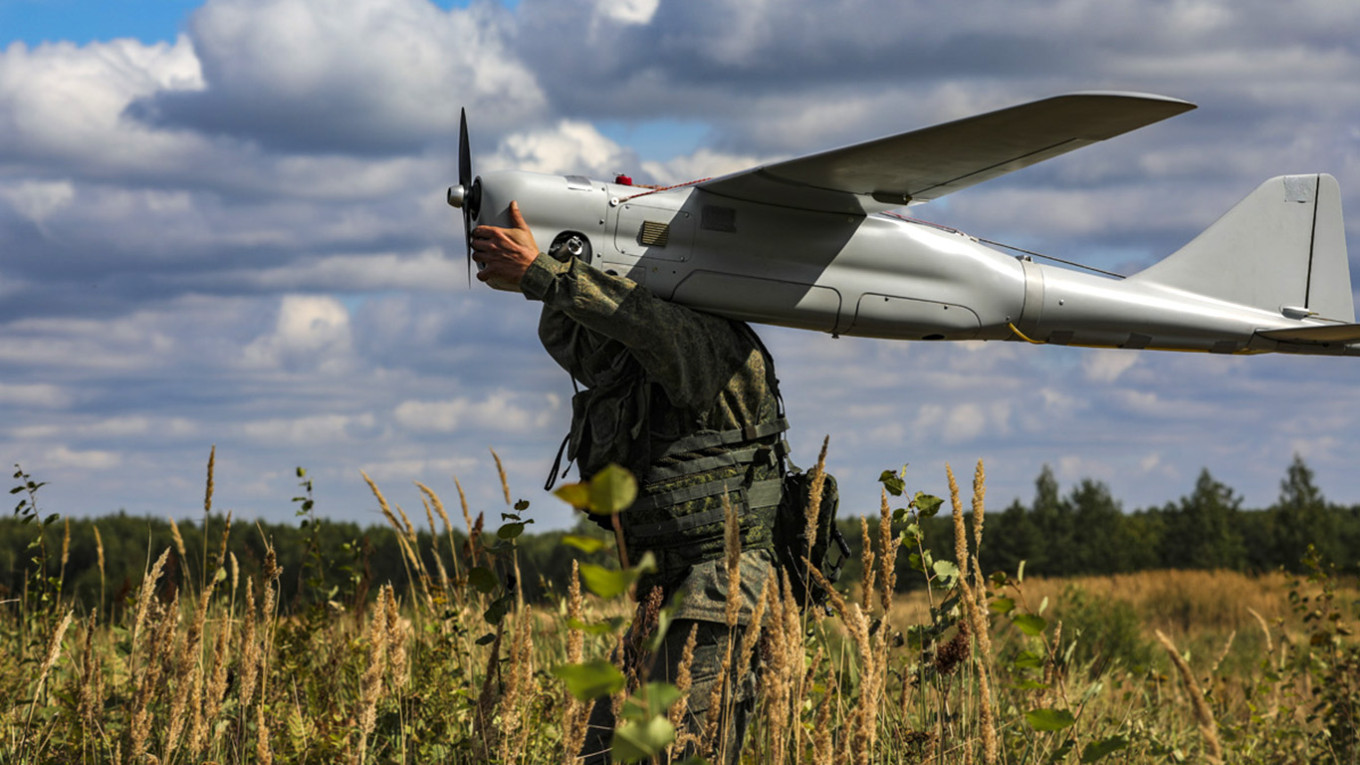Iran-Israel Tensions Intensify After Hamas Leader's Death
The assassination in Tehran has escalated Iran-Israel tensions, challenging Iran's leadership.

The assassination of Hamas leader Ismail Haniyeh in Tehran at the end of July, allegedly by Israel, has intensified the longstanding geopolitical tensions between Iran and Israel. This event has not only disrupted the fragile equilibrium in the region but also posed significant challenges for Iran's leadership, particularly for the newly sworn-in President Masoud Pezeshkian and Supreme Leader Ayatollah Ali Khamenei.
Key Developments and Strategic Implications
The killing of Haniyeh, believed to have been executed with a missile launched from within Iran's borders, represents a severe breach of sovereignty that has incensed Tehran. This incident has reignited debates within Iran about the efficacy of Khamenei’s 2003 fatwa, which prohibits the manufacture, use, and storage of nuclear weapons, especially under the current geopolitical pressures.
The situation is further complicated by Iran's strategic maneuvers in the so-called "grey zone," a tactic used to exert pressure without engaging in outright warfare. However, the assassination has forced Iran to reconsider its approach, potentially shifting its policy from strategic ambiguity to more definitive actions.
Iran's Nuclear Policy and Regional Stability
The nuclear question remains central to Iran's strategic considerations. Despite Khamenei's fatwa, recent threats perceived from Israel, particularly comments made at the United Nations by Israeli officials, have prompted Tehran to reassess its nuclear doctrine. This reassessment could lead to a shift in the regional nuclear arms balance, influencing not only Iran-Israel relations but also the broader Middle East dynamics.
Potential Responses and International Reactions
Iran's response to the assassination has been cautious so far, with officials indicating that any retaliatory action will be "meticulously orchestrated" to ensure maximum impact. This approach suggests a possible strategic patience, aiming to balance a forceful response with the need to avoid escalating the conflict into a full-scale war.
Internationally, the assassination has alarmed global leaders, given the potential for escalation. The situation is further complicated by the involvement of Iranian-backed Hezbollah in Lebanon, which has also threatened action against Israel, adding another layer of complexity to the already volatile regional dynamics.
Future Trends and Alternative Perspectives
Looking forward, the assassination could have far-reaching implications for the Middle East. It might accelerate a nuclear arms race in the region, particularly if Iran shifts its nuclear policy in response to perceived threats. Additionally, the incident could influence the ongoing negotiations over a ceasefire in Gaza, with Iran's actions playing a crucial role in shaping the outcomes.
From an alternative perspective, while the focus remains on military and strategic responses, there is also a need to consider diplomatic avenues to de-escalate tensions. Engaging in dialogue, perhaps mediated by international parties, could provide a pathway to reducing hostilities and establishing a more stable regional order.
Summary
The assassination of Ismail Haniyeh has not only destabilized the already fragile Middle East but also posed significant strategic and diplomatic challenges for Iran. As Tehran navigates this critical juncture, the decisions made by its leadership could reshape the regional landscape, influencing global peace and security dynamics. The international community must closely monitor these developments, advocating for restraint and diplomatic engagement to prevent further escalation.





